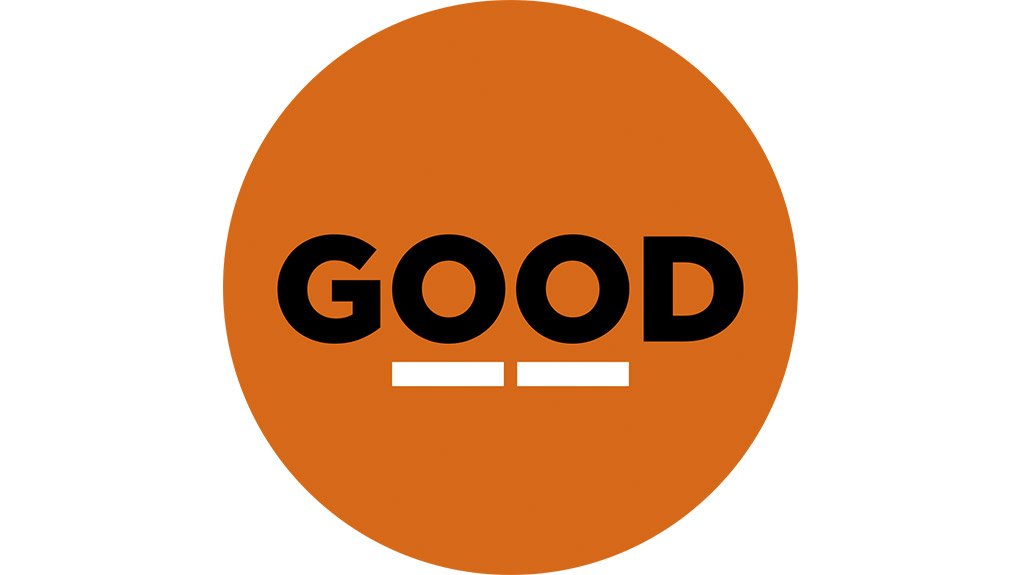Speaker,
In July 2022, the President addressed the nation and acknowledged that: “South Africans are justifiably frustrated and angry. They are fed up.”
Eleven months later the electricity supply is much less reliable.
We used to think Stage 2 was bad, now we cling on for dear life in Stage 6.
What stage comes after frustration, anger and fed-upness?
With businesses closing, the value of the Rand diminishing and the basic cost of living rampant, what’s next: Hopelessness?
Hopelessness, is particularly dangerous in the untransformed environment of post-apartheid inequality and injustice. Hopelessness, that detaches us from the worthy goal of nation building; that creates an environment where people feel they have nothing left to lose.
Programme 1 of the Presidency vote includes critical objectives dealing with our electricity crisis including “implementing an action plan to end load shedding and achieve energy security”.
It has not been easy to take these words seriously because the electricity crisis oppresses every single South African.
For 16 years, since loadshedding began, we’ve been awaiting the implementation of an action plan.
Eleven months ago, the President said: “The crisis that we are facing requires that we should take bold, courageous and decisive action.”
Despite commitments to improve performance of Eskom’s existing fleet of power stations, six months later Eskom briefed Scopa on continuing criminality, sabotage and poor performance.
The President also said Bid Window 6 will be doubled from 2600MW to 5200MW. However, we could only procure a total of 1000MW because of constraints in the transmission grid.
It is inexplicable that the President could announce a doubling of the generation capacity to be procured, following extensive engagements with Eskom, when the grid doesn’t have the necessary capacity.
We were moving from being fed-up to that dangerous space of hopelessness.
But it is impossible not to acknowledge that today the Minister of Electricity provided some hope. His detailed, rapid rattling off of short and medium term interventions to add capacity to the grid, was very encouraging.
I would like to thank the Minister for that detail and for clearly anticipating where the whole country’s focus is.
If we implement what you have promised today I am confident we can restore the nation’s hope and shift our focus to addressing economic growth and poverty.
Our collective future depends on it.
Our collective future also depends on the Presidency delivering on its social transformation mandate.
The National Development Plan includes a target of reducing the proportion of persons living below the lower-bound poverty lines to zero by 2030.
In April 2022 the lower bound poverty line was R945 per person per month.
With inflation it is probably about R1000 per person per month by now.
Even under ideal circumstances, South Africa will not eliminate, or meaningfully reduce its unemployment crisis over the next 15 years.
While we battle endless unemployment we have to stop talking about a basic income grant and implement it.
It can be done.
EMAIL THIS ARTICLE SAVE THIS ARTICLE ARTICLE ENQUIRY
To subscribe email subscriptions@creamermedia.co.za or click here
To advertise email advertising@creamermedia.co.za or click here











